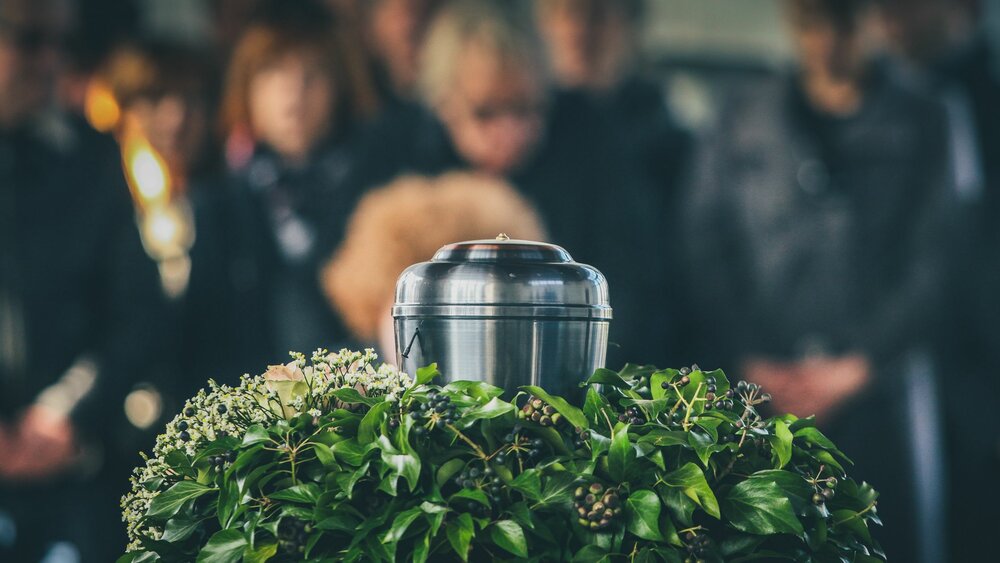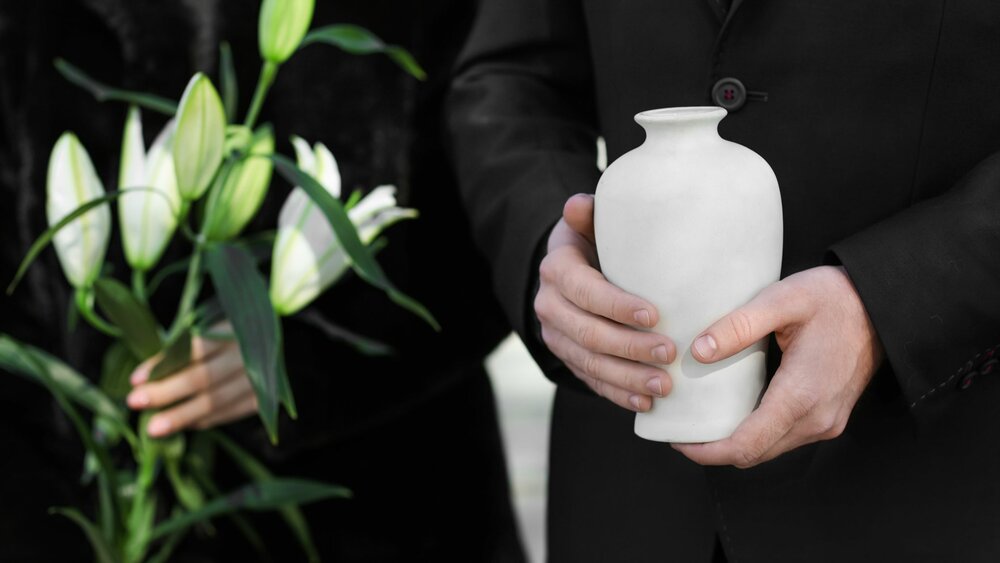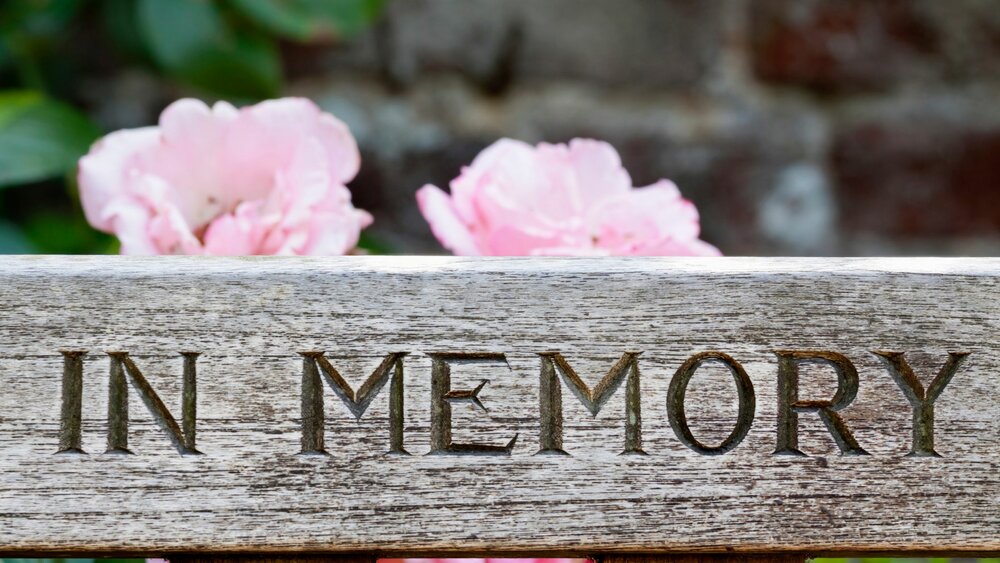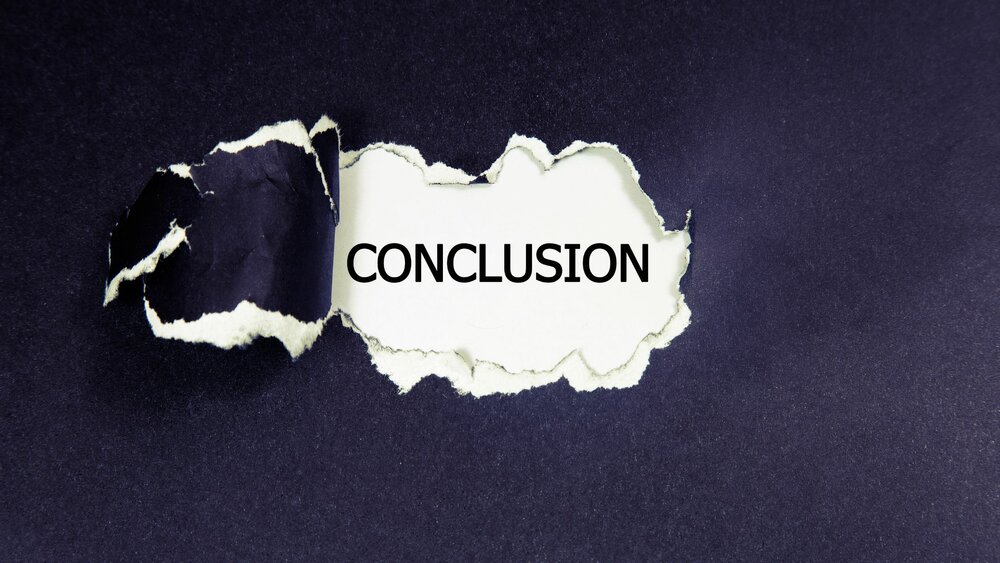
Low-Cost Cremation: The Most Affordable Way to Be Cremated?
Cremation has become a popular choice for many seeking a dignified farewell without the hefty price tag of traditional burial. With rising funeral costs, low-cost cremation options are gaining attention as a financially sensible alternative. But what does low-cost cremation entail, and is it truly the most affordable way to be cremated?
In today’s world, where economic pressures are mounting and families are increasingly looking for budget-friendly end-of-life options, understanding the nuances of low-cost cremation is more important than ever. Many individuals are unaware that they have choices, and the benefits of cremation can often outweigh the emotional weight associated with traditional funerals. As we delve deeper, we will examine not only what low-cost cremation entails but also how it compares to other funeral options.
Understanding Low-Cost Cremation
Low-cost cremation is designed for those who wish to minimize expenses while ensuring a respectful end-of-life process. This option often includes essential services without the additional frills associated with traditional funerals. For families who may be facing financial constraints, low-cost cremation offers a way to honor a loved one without incurring overwhelming costs.
What Does It Include?
When considering low-cost cremation, it’s important to know what services are typically included. Here’s a breakdown of the essential components:
Basic Cremation Services: This includes the actual cremation process, which is performed by a licensed crematory.
- Transportation of the Body: This service includes picking up the deceased from the place of death and transporting them to the crematory.
- Necessary Paperwork: The funeral home or cremation provider will assist with completing all required legal documents, such as death certificates and cremation authorization forms.
- Basic Urn or Container: Most low-cost cremation packages include a simple urn or container to hold the ashes. Families can later choose a more elaborate urn if they wish.
This approach is ideal for individuals and families who prioritize cost savings without sacrificing dignity. It allows them to focus on honoring their loved ones in a manner that feels appropriate and respectful.
Comparing Costs: Low-Cost Cremation vs. Traditional Burial
Understanding the financial implications of your choices is crucial. Here’s how low-cost cremation stacks up against traditional burial:
Average Costs
- Low-Cost Cremation: $1,000 - $3,000
- Traditional Burial: $7,000 - $12,000
These figures illustrate a significant financial disparity. Traditional burial costs can include numerous elements such as caskets, burial plots, headstones, and extensive funeral services. In contrast, low-cost cremation generally covers only the essentials, leading to substantial savings.
Key Cost Differences
- No Casket Required for Cremation: Traditional funerals necessitate the purchase of a casket, which can be one of the most significant expenses. In low-cost cremation, the body is typically placed in a simple container, eliminating this cost.
- Lower Transportation Fees: The logistics of transporting a body to a cemetery can be more complex and costly compared to transportation to a crematory. Low-cost cremation providers often have streamlined processes, leading to lower fees.
- Avoidance of Cemetery Plots and Related Expenses: With cremation, there is no need to purchase a burial plot, which can be expensive, particularly in urban areas. This not only saves money but also allows families to consider alternative options for the ashes, such as scattering or keeping them in a decorative urn.
By understanding these distinctions, families can make informed financial decisions that align with their needs and values. The affordability of low-cost cremation can significantly alleviate the financial burden during an already challenging time.
The Process of Arranging Low-Cost Cremation
Arranging a low-cost cremation can be straightforward if you know what to expect. Here’s a simplified process to guide you:
1. Research Local Providers
The first step in arranging low-cost cremation is to research local providers. This involves:
Look for Cremation Services Specializing in Low-Cost Options: Many funeral homes and crematories offer low-cost packages. Start by searching online or asking for recommendations from friends and family.
Read Reviews and Compare Prices: Utilize platforms like Yelp, Google Reviews, and local business directories to read feedback from others. Price comparison websites can also be helpful in finding the most affordable options.
2. Consultation 
Once you have identified potential providers, schedule a consultation to discuss your needs and budget. This step includes:
- Inquire About Included Services and Any Hidden Fees: During the consultation, ask specific questions about what services are included in the package. Some providers may have add-on fees for services you assume are included.
- Discuss Personalization Options: While low-cost cremation focuses on essentials, inquire about any available options for personalization. This might include memorial services, keepsake urns, or other commemorative items that can honor your loved one’s life.
3. Complete Paperwork 
After choosing a provider, you’ll need to complete the necessary paperwork:
- Provide Necessary Documentation: This typically includes identification, any pre-arrangement documents, and the death certificate. Ensure that you have all required information ready to avoid delays.
- Authorization for Cremation: You will need to sign a form giving permission for the cremation to take place. This is an essential legal step that confirms your wishes.
4. Choose an Urn
Selecting an urn is an important part of the process, though many low-cost options are available:
- Select an Urn or Container if Desired: While a basic container is included in low-cost cremation packages, families often choose to purchase a more personalized urn. Research different styles and materials to find one that resonates with your loved one’s personality.
- Consider Future Options: If you are uncertain about choosing an urn immediately, many families opt to keep the ashes in the basic container initially, allowing time to decide on a more permanent solution later.
By following these steps, families can navigate the process smoothly and efficiently. Knowing what to expect can alleviate some of the stress associated with planning, allowing you to focus on celebrating your loved one’s life.
Benefits of Low-Cost Cremation
Beyond the financial savings, low-cost cremation offers several additional benefits that make it an attractive option for many families:
1. Simplicity and Convenience
Low-cost cremation services often provide a straightforward approach to end-of-life arrangements. With fewer decisions to make, families can focus on what truly matters: honoring the memory of their loved one. This simplicity can be especially beneficial during a time of grief.
2. Flexibility in Memorialization 
Cremation allows for various memorialization options that may not be feasible with traditional burial. Families can choose to hold memorial services at a later date, celebrate the deceased's life in a meaningful way, or even scatter the ashes in a location that was significant to the loved one.
- Scattering Options: Many families find comfort in scattering ashes in a favorite park, garden, or beach. This can serve as a meaningful tribute to the individual.
- Keepsake Urns: There are many options for keepsake urns, which allow family members to keep a portion of the ashes close to them, providing a tangible connection to their loved one.
3. Eco-Friendly Alternatives
For environmentally conscious individuals, cremation can be a more sustainable choice compared to traditional burial, which often involves embalming chemicals and non-biodegradable caskets. Many crematories also offer eco-friendly options, such as biodegradable urns or scattering gardens.
4. Transparency in Pricing
Reputable low-cost cremation providers are often transparent about their pricing. This means families can feel confident that they are making informed decisions without worrying about hidden fees or surprise costs.
Conclusion
Low-cost cremation presents a viable and compassionate alternative to traditional burial, making it accessible to more families. By understanding the benefits, costs, and processes involved, you can ensure a respectful goodbye without breaking the bank. Whether you are considering low-cost cremation for yourself or a loved one, the key is to start researching local providers today to find the best fit for your needs.
Ultimately, taking the time to educate yourself on your options can lead to a more meaningful and fulfilling end-of-life experience. Remember, it’s not about how much you spend but the love and respect you show for those who have passed.
For further information - please contact Ocean County Cremation Service at 609-531-8864. You may also submit your inquiries about our cremation society services using our Online Form.



Comments